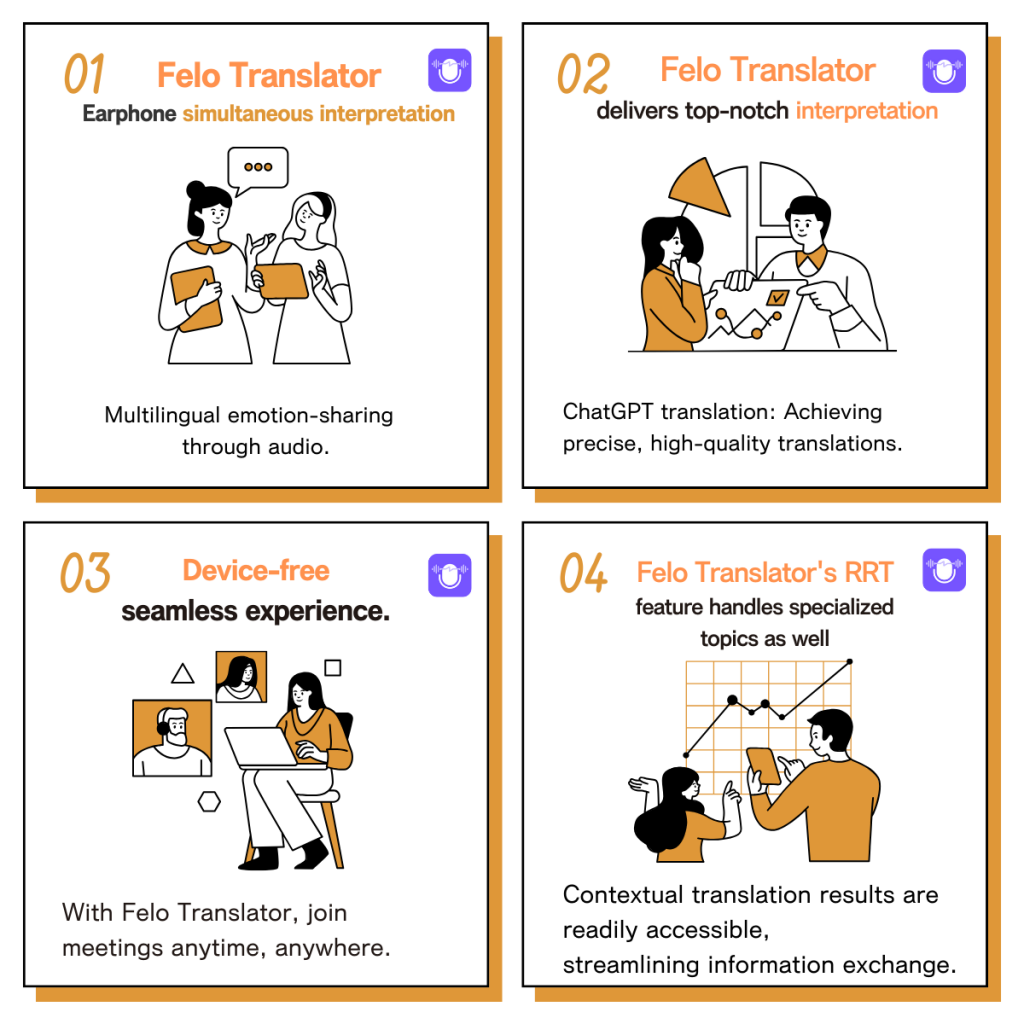Medical translation is a highly specialized and crucial field that ensures accurate communication of essential information to healthcare professionals and patients. Given that translation errors can have serious implications for patient health and safety, the importance of medical translation cannot be overstated.
What is Medical Translation?
Medical translation involves translating medical-related documents from one language to another. These documents include:
- Clinical Trial Reports: Documents containing data to verify the efficacy of new drugs or treatments.
- Pharmaceutical Package Inserts: Documents explaining the usage, effects, and side effects of medications.
- Medical Records: Documents recording a patient’s medical history and treatment.
- Medical Device Manuals: Documents providing usage instructions and safety information.
The Importance of Terminology
Accurate translation of medical terminology is paramount in medical translation. Examples of critical medical terms include:
- Myocardial Infarction (MI): A condition where the heart muscle is deprived of blood supply.
- Diabetes Mellitus: A disease characterized by high blood sugar levels due to insulin insufficiency.
- Hypertension: Abnormally high blood pressure.
- Antibiotics: Medications used to treat bacterial infections.
- MRI (Magnetic Resonance Imaging): A technique for imaging internal body structures using magnetic fields.
- Vaccine: A biological preparation that provides immunity against infectious diseases.
Misinterpretation of these terms can lead to serious misunderstandings. For instance, translating “Myocardial Infarction” as “heart attack” might cause confusion among healthcare professionals.
Skills Required for Medical Translators
Medical translators need the following skills:
- Specialized Knowledge: Deep understanding of medicine, pharmacology, biology, and related fields.
- Language Proficiency: High proficiency in both the native language and the target language.
- Research Skills: Ability to stay updated with the latest medical information through rigorous research.
- Ethical Standards: Strong ethical standards to protect patient privacy.
Interesting Facts about Medical Translation
- Cultural Differences: Medical translation must consider cultural differences. For instance, treatment methods common in Japan might differ from those in other countries.
- Translation of Abbreviations: The medical field frequently uses abbreviations. For example, CT (Computed Tomography) is often translated as “Computed Tomography,” but in some contexts, the abbreviation might be retained.
Latest Technologies in Medical Translation
Recent technological advancements have significantly impacted the field of medical translation. Some of these include:
- Machine Translation: AI-powered machine translation has improved speed and accuracy. However, human expertise remains essential in medical translation.
- Translation Memory: This technology stores and reuses previous translations, enhancing efficiency and consistency.
Conclusion
The role of medical translation in safeguarding patient safety through precise communication cannot be overstated. As technology continues to evolve, the combination of human expertise and advanced tools will further enhance the accuracy and efficiency of medical translations.
Efficient and Accurate Real-Time Translation Tool — Felo Translator

Introducing the latest AI translation service, “Felo Translator,” which is revolutionizing the field of medical translation by providing high-precision, real-time translations.
What is Felo Translator?
Felo Translator is an AI simultaneous interpretation app powered by the GPT-4 engine and RRT technology. It can swiftly and accurately translate speech in over 15 languages, including Korean, English, Spanish, French, German, Russian, Chinese, Arabic, and Japanese.
- Real-Time Translation: Felo Translator performs translations in real-time, enabling healthcare professionals to share information quickly.
- High Precision: Utilizing the latest AI technology, it ensures accurate translation of specialized terminology and medical documents.
- User-Friendly: Designed with an intuitive interface, it is easy for anyone to use.
- Popular Among Professionals: Hundreds of healthcare professionals use it for medical purposes.
How Does Felo Translator Support Simultaneous Interpreters?
Felo Translator assists beginner simultaneous interpreters by ensuring accurate translation of specialized terminology and eliminating the need for extensive note-taking.
iOS Download | Android Download
The Importance of Compliance
Language services in the medical and pharmaceutical industries are crucial for meeting international standards of compliance and achieving rapid product approval.
Given the stringent regulations in this field, highly specialized Language Service Providers (LSPs) are essential.
The accuracy of translations significantly impacts product approval in the heavily regulated medical and pharmaceutical sectors. Choosing an LSP with high precision in translation is key to swift approval.
Benefits of Specialized Medical and Pharmaceutical Translation Services
- High-Precision Translation Based on Expertise: Translators with deep expertise in medical and pharmaceutical fields provide accurate and nuanced translations.
- Compliance with Global Regulations: With extensive experience working with regulatory bodies worldwide, these services meet all regulatory requirements.
- Accelerated Approval Process: Accurate translations expedite the approval process, reducing time to market.
- Wide Range of Services: These services cover a broad spectrum of medical and pharmaceutical documents, including clinical trial materials, pharmaceutical information, and patient information materials.
Choosing specialized medical and pharmaceutical translation services ensures compliance and rapid product approval, facilitating successful entry into the global market.
The Future of Medical Translation
The future of medical translation is promising. While technological advancements enable more efficient and accurate translations, human expertise and ethical considerations remain crucial. Medical translators will continue to be indispensable in safeguarding patient safety and health.
Related Articles↓
5 Minutes to Understand Immediately!How to Write Effective Daily Business Reports
What is ”Summary”? Introducing recommended summarization AI tools and summarization tips
Differences Between GPT-3.5 and GPT-4 in Price
What is “MTG”? Detailed Explanation of Its Meaning and Usage!
